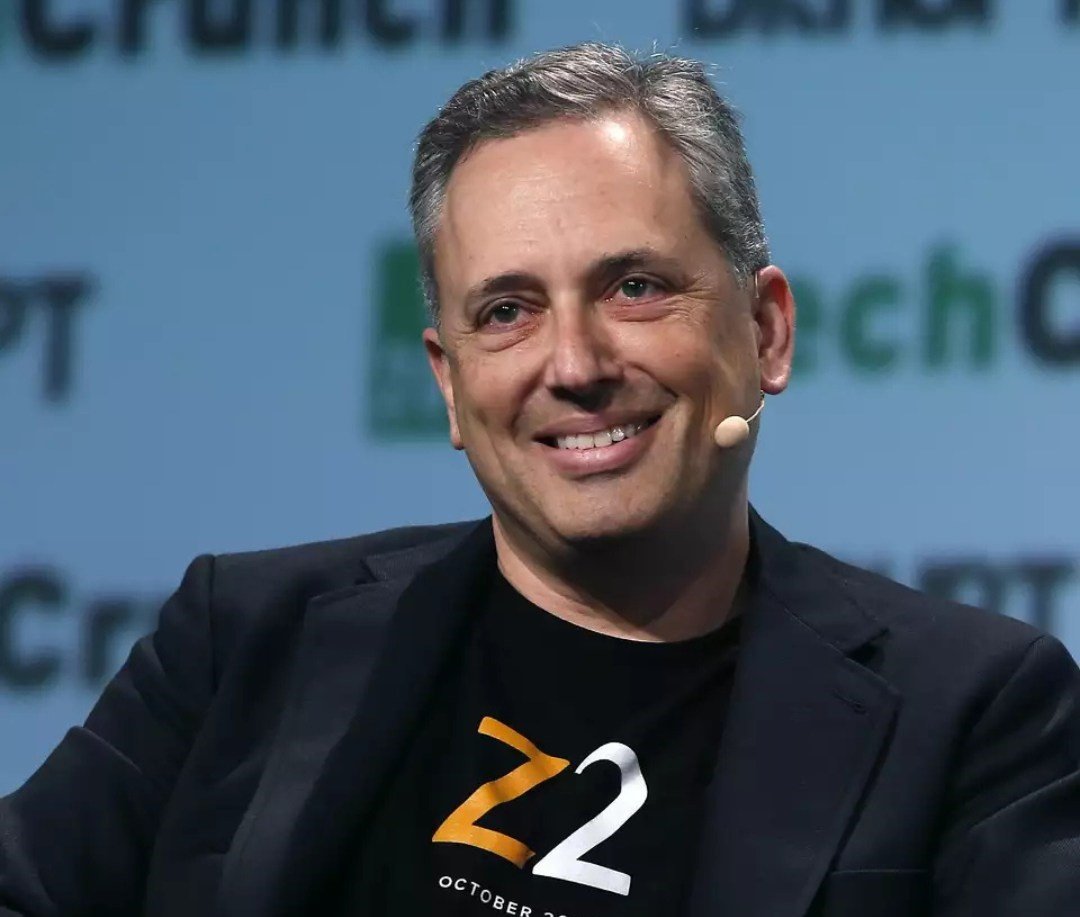David Sacks is a name that resonates throughout Silicon Valley. As a successful entrepreneur, venture capitalist, and outspoken commentator on technology and business, Sacks has played a crucial role in shaping the modern startup ecosystem. From his early days at PayPal to his current role as a prominent investor, his career highlights the evolution of the tech industry over the past two decades.
Early Career and the PayPal Mafia Connection
Sacks first gained recognition as part of the famed “PayPal Mafia,” a group of early PayPal employees who went on to shape major technology companies. As PayPal’s Chief Operating Officer (COO), he was instrumental in scaling the company before its acquisition by eBay in 2002 for $1.5 billion.
At PayPal, Sacks played a crucial role in streamlining the company’s operations and ensuring its payment platform could handle rapid growth. His experience in managing high-scale financial technology systems laid the foundation for his future ventures. Following PayPal, many of its alumni—such as Elon Musk, Peter Thiel, and Reid Hoffman—launched successful ventures. Sacks followed suit, proving his ability to build and invest in high-impact startups.
Entrepreneurial Success with Yammer
After PayPal, Sacks founded Yammer in 2008, a pioneering enterprise social networking platform. Yammer revolutionized internal business communication, offering a Facebook-like interface for companies to collaborate efficiently. The startup gained rapid traction, attracting millions of users and earning recognition as one of the fastest-growing SaaS (Software as a Service) companies of its time.
By 2012, Yammer had over 5 million corporate users, making it an attractive acquisition target. That same year, Microsoft acquired Yammer for $1.2 billion in cash. The sale marked one of the biggest exits in enterprise software at the time, further cementing Sacks’ reputation as a tech visionary capable of identifying market trends ahead of the curve.
Venture Capital and Investing in the Future
Following his entrepreneurial success, Sacks transitioned into venture capital. He became a key player in Silicon Valley’s investment scene, funding some of the most promising startups. His investment portfolio includes companies like:
- Airbnb – The global short-term rental giant that disrupted the hospitality industry.
- Uber – The ride-sharing pioneer that redefined urban transportation.
- SpaceX – Elon Musk’s ambitious space exploration company.
- Stripe – A leader in digital payment solutions.
Sacks has consistently backed companies that challenge traditional industries, aligning with his belief in disruptive innovation. His ability to identify and support high-potential startups has made him one of the most influential investors in Silicon Valley.
In 2017, Sacks co-founded Craft Ventures, a venture capital firm focused on early-stage technology companies. Through Craft Ventures, he has continued to support innovative startups, particularly those in fintech, SaaS, and consumer technology.
Political and Economic Commentary
Beyond technology, Sacks is an outspoken commentator on business, economics, and politics. He frequently shares his views on platforms like Twitter and participates in high-profile discussions about Silicon Valley’s role in shaping global markets.
Sacks has also co-hosted the All-In Podcast, a widely followed show where he and other investors discuss tech trends, business strategies, and geopolitical issues. His perspectives often challenge conventional narratives, making him a polarizing yet influential figure in tech circles.
His views on topics such as government regulation of technology, free markets, and venture capital trends have sparked both praise and controversy. While some see him as a thought leader advocating for innovation and economic growth, others criticize his stance on regulatory policies and market interventions.
The Challenges and Controversies
As with any high-profile figure, Sacks has faced his share of challenges and controversies. His outspoken nature has led to debates within the tech community regarding his positions on economic policies and Silicon Valley’s influence. Additionally, some of his investment moves, such as his involvement with certain high-risk startups, have drawn scrutiny.
One of the most debated topics is Sacks’ stance on cryptocurrency and blockchain. While he is a strong advocate for decentralization and digital finance, critics argue that the volatility of cryptocurrencies presents risks that outweigh the benefits. Despite these concerns, Sacks remains bullish on the long-term potential of blockchain technology.
What’s Next for David Sacks?

As technology continues to evolve, Sacks remains at the forefront of innovation. Whether through his venture capital firm, Craft Ventures, or his growing media presence, he continues to influence the future of Silicon Valley.
In recent years, Sacks has expressed interest in emerging technologies such as artificial intelligence, decentralized finance, and the metaverse. His ability to stay ahead of technological trends suggests that his impact on the tech industry is far from over.
Should Entrepreneurs and Investors Follow Sacks’ Lead?
For entrepreneurs and investors, Sacks serves as a model for understanding long-term market shifts. His strategy of identifying and investing in transformative technologies has been a driving force behind his success. Key takeaways from his approach include:
- Investing in Disruption: Look for companies that challenge the status quo and introduce new ways of doing business.
- Long-Term Vision: Sacks prioritizes long-term potential over short-term market fluctuations.
- Building a Strong Network: His connections within the tech industry have played a crucial role in his success.
Final Thoughts
David Sacks is more than just a venture capitalist—he’s a key architect of Silicon Valley’s entrepreneurial landscape. With a history of successful ventures, a sharp investment acumen, and a bold voice in tech discourse, he remains one of the most important figures shaping the future of innovation.
Whether you agree or disagree with his views, there’s no denying his influence on the startup ecosystem. As he continues to shape the next wave of technological advancements, the world will be watching closely to see where he places his next big bet.
Cathie Wood’s ARK Invest: Is the Innovation Fund Still a Winner






